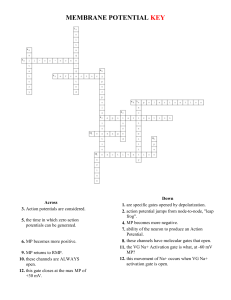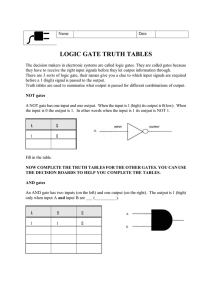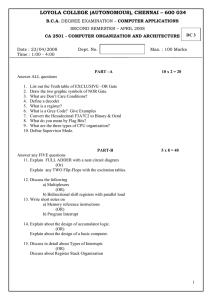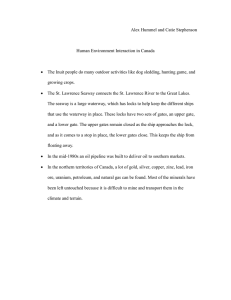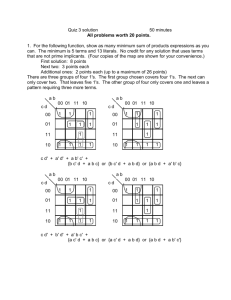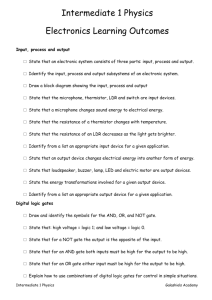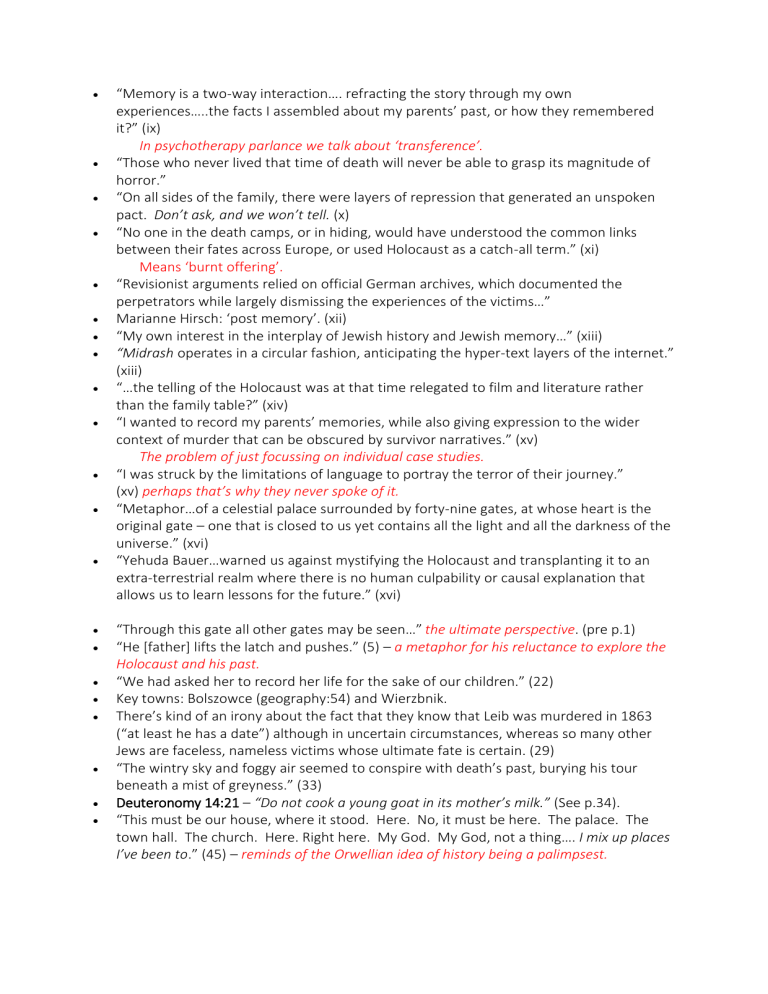
“Memory is a two-way interaction…. refracting the story through my own experiences…..the facts I assembled about my parents’ past, or how they remembered it?” (ix) In psychotherapy parlance we talk about ‘transference’. “Those who never lived that time of death will never be able to grasp its magnitude of horror.” “On all sides of the family, there were layers of repression that generated an unspoken pact. Don’t ask, and we won’t tell. (x) “No one in the death camps, or in hiding, would have understood the common links between their fates across Europe, or used Holocaust as a catch-all term.” (xi) Means ‘burnt offering’. “Revisionist arguments relied on official German archives, which documented the perpetrators while largely dismissing the experiences of the victims…” Marianne Hirsch: ‘post memory’. (xii) “My own interest in the interplay of Jewish history and Jewish memory…” (xiii) “Midrash operates in a circular fashion, anticipating the hyper-text layers of the internet.” (xiii) “…the telling of the Holocaust was at that time relegated to film and literature rather than the family table?” (xiv) “I wanted to record my parents’ memories, while also giving expression to the wider context of murder that can be obscured by survivor narratives.” (xv) The problem of just focussing on individual case studies. “I was struck by the limitations of language to portray the terror of their journey.” (xv) perhaps that’s why they never spoke of it. “Metaphor…of a celestial palace surrounded by forty-nine gates, at whose heart is the original gate – one that is closed to us yet contains all the light and all the darkness of the universe.” (xvi) “Yehuda Bauer…warned us against mystifying the Holocaust and transplanting it to an extra-terrestrial realm where there is no human culpability or causal explanation that allows us to learn lessons for the future.” (xvi) “Through this gate all other gates may be seen…” the ultimate perspective. (pre p.1) “He [father] lifts the latch and pushes.” (5) – a metaphor for his reluctance to explore the Holocaust and his past. “We had asked her to record her life for the sake of our children.” (22) Key towns: Bolszowce (geography:54) and Wierzbnik. There’s kind of an irony about the fact that they know that Leib was murdered in 1863 (“at least he has a date”) although in uncertain circumstances, whereas so many other Jews are faceless, nameless victims whose ultimate fate is certain. (29) “The wintry sky and foggy air seemed to conspire with death’s past, burying his tour beneath a mist of greyness.” (33) Deuteronomy 14:21 – “Do not cook a young goat in its mother’s milk.” (See p.34). “This must be our house, where it stood. Here. No, it must be here. The palace. The town hall. The church. Here. Right here. My God. My God, not a thing…. I mix up places I’ve been to.” (45) – reminds of the Orwellian idea of history being a palimpsest. “You will never understand. You will never understand what it means to be a young child, a poor little girl, standing here on her own. The shooting. What I saw. You will never understand. I don’t know if I understand.” (49) Mark recalls once going to fancy-dress party as Hitler (not realising how insensitive this is to his parents.) (51) “Can you hear, or do the screams from the mass grave drown out the sounds and melodies of Wierzbnik in its innocence?” (59) How does trauma impact upon memory? The mother remembers being a ‘straight A’ student, but she was 5 when the war broke out! This is probably not accurate. (67) “I never associated his fear [the boy in the archival Holocaust photo] with my parents’ captivity.” (68) “Nazi policy was preparing for total annihilation by liquidating smaller towns and concentrating Jews in larger population centres.” (78) “I have always pitied myself for the grandparents I do not have, rarely considering my father’s own orphaned state. I identify him as a survivor – a parent with a tragic past – but not as parentless.” (85) “For my father, the rivers have not thawed, until now, when his words break out from their glacial silence, releasing a torrent whose flow runs backward into his darkest nights.” (86) “For centuries we’ve cheated the people, No swindle was for us too big or strong, We have but tricked and lied and cheated….” (the ‘Buchenwald song’) (104) “Nightfall is to me sadness and darkness and I just can’t disconnect my past, you know, I can’t forget these moments for as long as I live.” (Genia recollecting) (108) Even the Nazis had a moral code – Himmler reprimanded Muller severely for indiscretions with a woman. (110-11) “‘Executive actions’ is not a phrase my mother would have used to describe Hermann Muller’s work. She remembers screaming, the sound of shots, mothers separated from their children.” (111) In other words – Muller maybe enjoyed his work a little bit too much. “One hundred and twenty, like the years of Moses’ life, is the magic number for Jews, effectively meaning forever.” (113) Himmler speaking of the Jews in the sense of being an epidemic that must be eliminated from culture. (117) There’s actually no way of knowing if the ashes are Leib’s as all the ashes are mixed together but the family is led to believe that they’re his remains. (117-118) “He says it was cold. Winter. But it was warm. Autumn. That’s what they all say…. It gnawed at me, the feeling that my father’s narrative had surrendered to forgetfulness.” (124) “It was not the facts that were held under suspicion, but her [Genia’s] credibility as a survivor.” (133) “He [Yossl] would observe these made-up characters in Auschwitz or in their ghettos eating soup from a tin bowl worn with a chain around the neck, or hiding in the sewers and communicating in John Wayne accents, as if they, and not his own life, endowed his past with authenticity.” (137) “Does history remember more than memory?” (139) “The memories were always broken like fragments of sacred tablets.” (144) Biblical allusion to Moses and the broken commandments. “You read, you read. Books, books, everywhere. But do you know how it feels? In a train, all crowded, to not know where your mother is. You always know where I am.” (154) Harrowing passage from Kurt Gerstein (eyewitness and chief of disinfection services). (156-159) “Rabbi, what do you see? The parchment is burning, but the letters are soaring high above me.” (174) “Only a broken heart yearns to heal the world.” (177) “Names and names and names, compiled and alphabetised like entries for a telephone directory.” (180) the inspiration for the cover? Horrible scene of cousin’s head chopped off. (184) “Yes, even during the day it was dark, pitch black where we were hiding. Yes, what do you think, that I’m making this up? Who can you ask? There’s no one to ask. Look at me now, isn’t that enough? It was dark, I’m telling you.” (192) How did the mother come to recite the Lord’s Prayer in Polish? (194) Father’s story – important places: Starachowice, Auschwitz, Monowitz, Buchenwald. (195) “Sylvia was born on 3 March 1946…born as a phoenix on the ashes.” (207) For her [Elzbieta], it is the search for a child whose fate for more than half a century was kept hidden from her.” (211) What is the meaning of “P.”? (214-15) Elzbieta: “I taught her to pray so that if she was caught people would think she was a Catholic.” (217) “Your younger sister Maria refused to speak with me. But other villagers from P. told me that she gave birth to a baby girl in 1944.” (220) “Everyone remembers that your sister had an illegitimate child around the time your son was born……Please, it’s because of this baby that I am here today…. The wrong person is feeding me pastries and crying that she has finally found her daughter. And I am crying that I have finally found another Ciociu.” (220-21) “My father still speaks of his past without consciousness of its pastness… Our different time-frames collide in front of an invisible row of barracks.” (226) “[My mother] is more consumed by the past; there are no girls to grow old with. She has always been a lone survivor, an ageing woman longing for a childhood buried in a distant sepulchre. Sometimes she looks at her youth as if it is a lost object, a physical thing of delicate beauty which, if retrieved, could somehow cast its magical spell on time.” (228) “Maybe there are no survivors from Bolszowce…Maybe I never existed there, maybe, just maybe, everything is a horrible nightmare I have been living ever since the first Aktion? Maybe I am someone else?” (239) Gate-keeper imagery. (242) “My mother was one of a small minority of non-German Jews who made their way to Berlin after the war.” (248) “How infinitely cruel, these same daughters often reflect, to survive everything only to fall victim to a man’s drunkenness.” [his grandmother Raisl killed by a drunk driver.] (249) “Did my parents really believe they could conceal their foreignness by bestowing names on their children drawn from popular radio culture?” (252) There is a theme here that relates to the section on p.217 – is deceit actually a virtue in some extenuating circumstances? “How could I be a Bekiermaszyn in Australia?” (253) Baker is essentially asking: Is it actually advantageous for me to conceal my origins in order to survive? Which is more important – to be part of a proud people, or to be part of a surviving ethnic and religious group? Raphael: the angel of healing. (254) Geo-political significance of Israel outlined on this page. (256) Letters of the Hebrew alphabet. (274-75) The “tell him that i…” bit connects to p.15. (275) Genia and Yossl met in Australia. (287) “Assimilation…is the cardinal sin, responsible for every destruction and holocaust visited on the Jewish people.” (Avraham) (289) tie this in with Marranos: Jewish assimilationists. “Every prayer…opens another gate. Six million prayers. Imagine how many gates are open to you.” (292) “Twice, the void between ‘left’ and ‘right’ had divided them, until my father instinctively pulled his older brother into the queue headed for life.” (300-01) “In the end, the beginning.” (302) “I would prefer to leave the idea of me, rather than bits and pieces. What would my descendants make of all those scribbles and doodles?” (304) “Yossl Bekiermaszyn was reborn as Joe Baker.” (312 – connect to 289 + comment) “[my parents] shower my brother and me with love and adoration, dreaming through us their burnt desires.” (313) Narrative trails away…. (315) “the book I imagined was written in two distinct voices, that of my parents, embedded in my historical commentary.” (319) “Himmler himself had communicated his desire to erase the past so that it would be buried as a ‘page of glory never to be written’.” (320) “Bolszowce is now situated in the independent Ukraine.” (322) “The rabbis say: ‘It is not for you to complete the task; but nor are you free to desist from beginning.’” (323) “The idea of gates is mentioned in the Bible in various contexts: the Gates of Heaven, the Gates of Sheol, the Gate of Death, the Gate of the Shadow of Death, the Gate of the Righteous. In the body of Jewish mystical literature known as Kabbalah, the metaphor of gates is further developed to include the Gates of Prayer, the Gates of Repentance, and the Gates of Light… the fiftieth gate appears in a central text of Jewish mysticism, the Zohar (Book of Splendor), which refers to this gate as the highest knowledge of God…. In talmudic literature of the fifth century, Moses is said to have only reached the fortyninth gate because of the sin of hitting the rock which prevented him from entering the Promised Land……. Only weeks before publication…did I think to count the number of sections which make up my family’s collective memory. There were exactly fifty sections, the last one ending where it begins.” (338-39) connect to Revelation 21:21 – the ‘pearly gates’. “The artist deals with what cannot be said in words. The artist whose medium is fiction does this in words. The novelist says in words what cannot be said in words.” (Ursula Le Guin)
